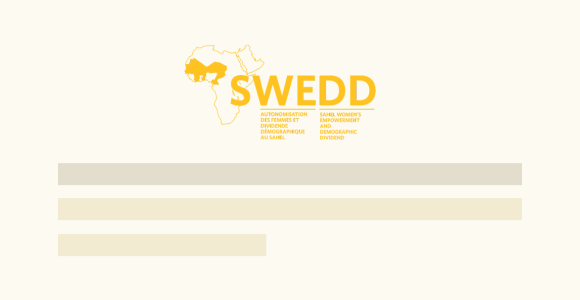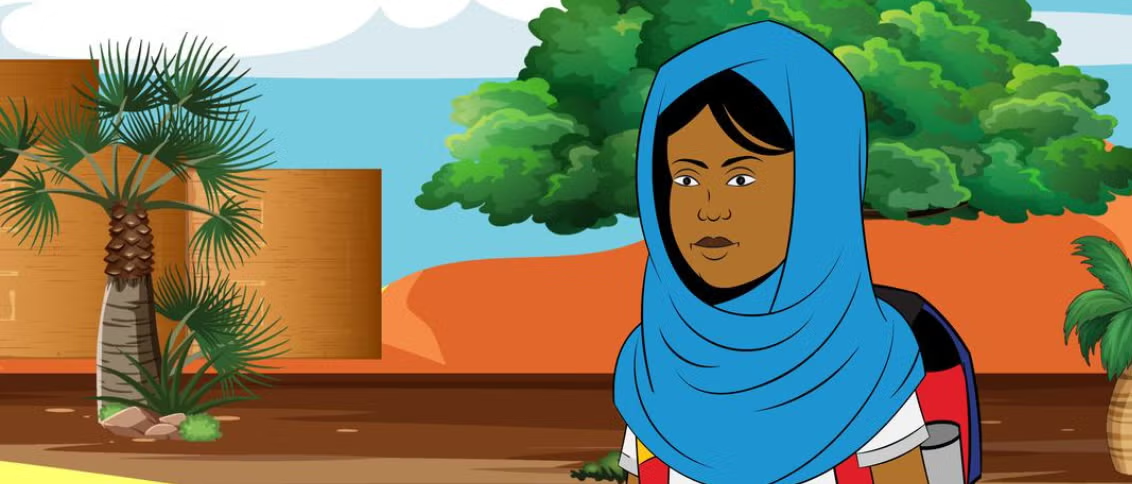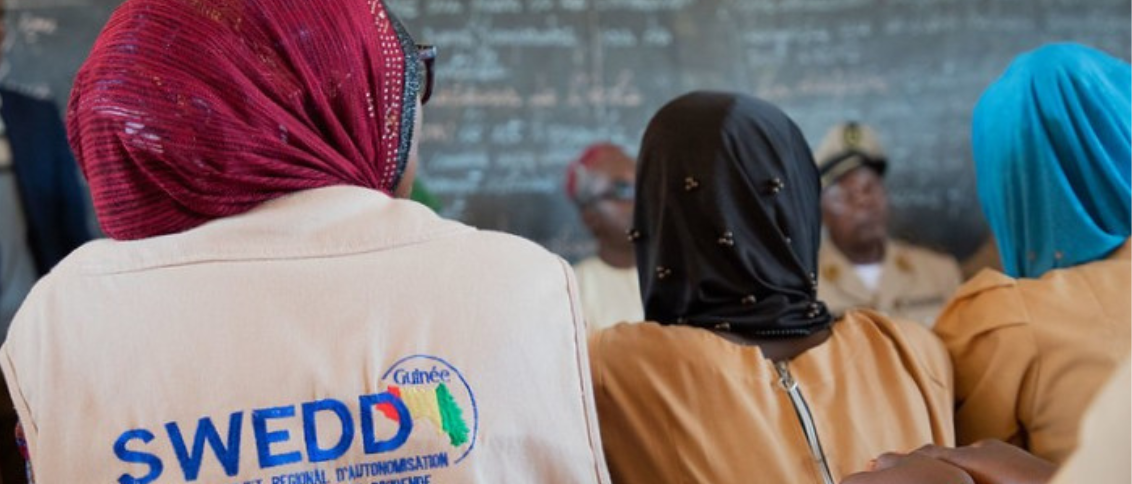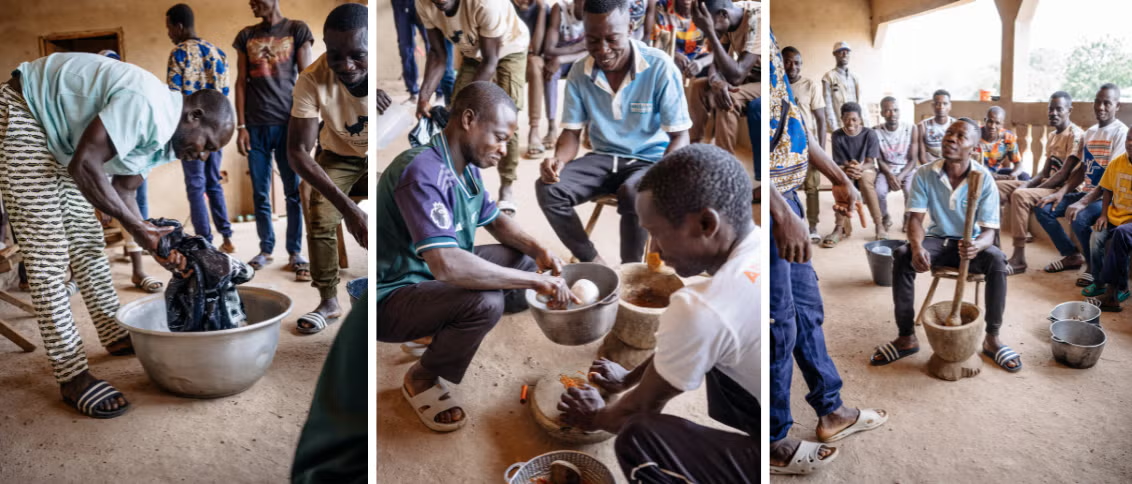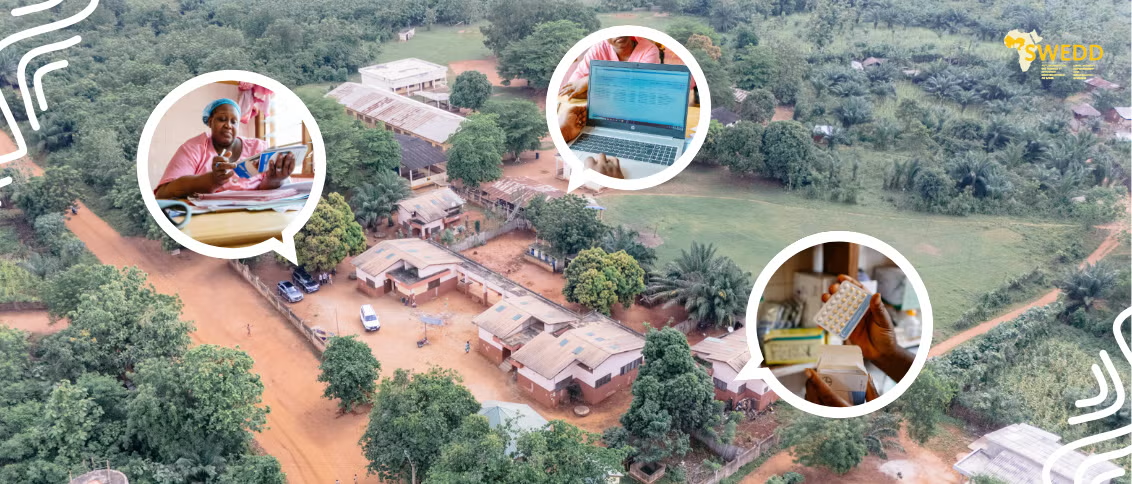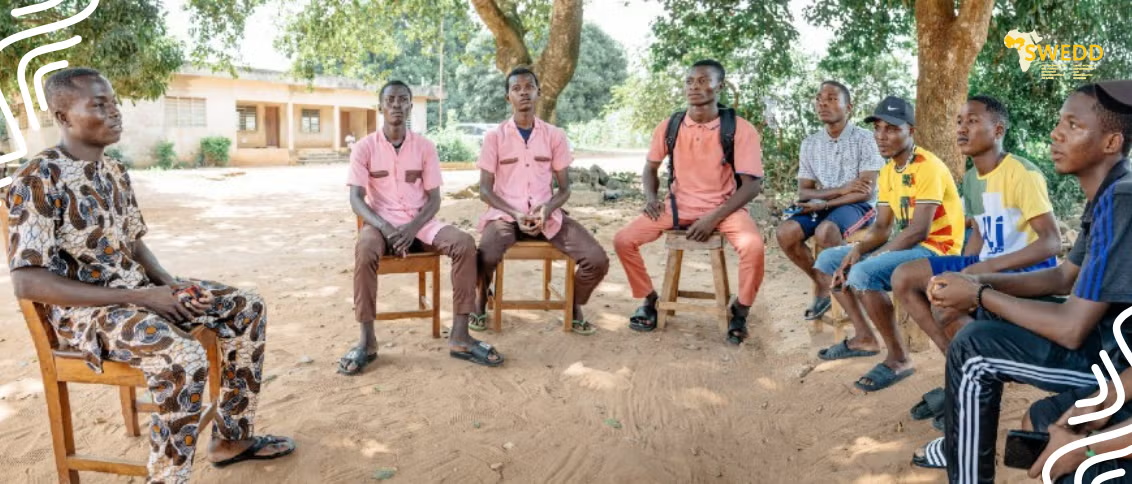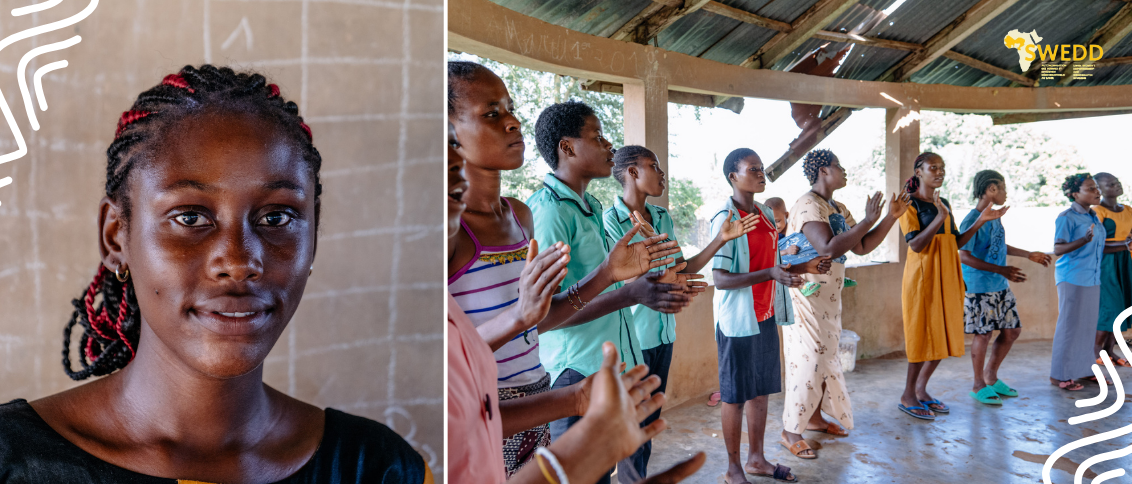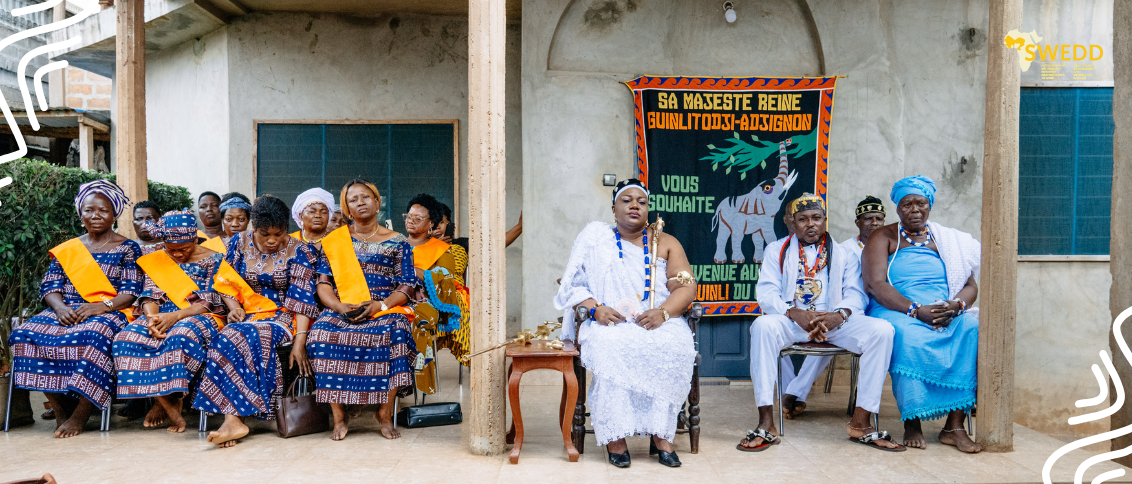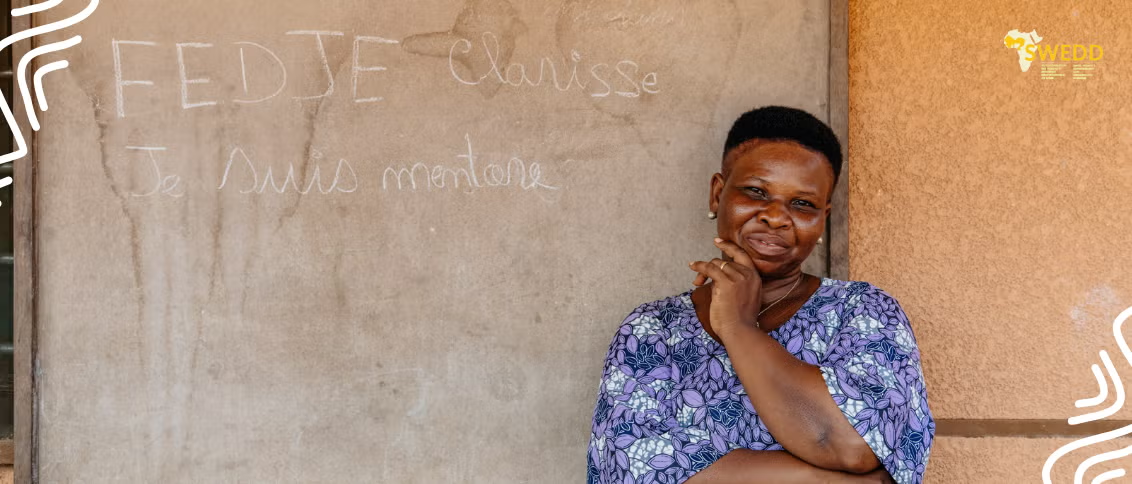

NEWS
The SWEDD project in Chad reaches over 120,000 adolescent girls through a range of interventions
23 July 2024

For the past eight years, the SWEDD (Sahel Women's Empowerment and Demographic Dividend) project has been transforming the living conditions of girls and women in the Sahel. Over a three day conference from 15-18 July 2024, the results of the project in Chad were shared during interactive panels.
The Ministry of Finance, Budget, Economy and Planning hosted the launch of the information sessions under the theme ‘SWEDD Chad: results and impacts on the lives of beneficiaries’. The conference also aimed to highlight the project's achievements and look ahead to its expansion in a country where a large part of the territory requires urgent support for education, the economic empowerment of girls and women, and maternal and child health.
The SWEDD project is a genuine tool for social transformation, as SWEDD's Chad National Coordinator Youssouf Awaré Neissa would like to make clear. ‘The project has enabled 127,656 adolescents to benefit from all the multivariate interventions, namely the provision of school kits, enrolments and reception centres in Chad’, he said.

In addition, 179,591 female students were trained in life skills through the establishment of 520 safe spaces. Also, 360 health professionals were trained in Reproductive Health adapted to the needs and rights of adolescents, young girls and young women of childbearing age.
Amina Priscille Longoh, Minister of State, Minister for Women and Early Childhood, stressed the importance of these efforts in the current context.
At the ceremony, Tahir Hamid Nguilin, Minister of State, Minister of Finance, Budget, Economy and Planning, said that the SWEDD Chad project, which aims to promote girls' education and female leadership, has benefited all the country's provinces. It has also empowered women economically and helped to reduce poverty..
The SWEDD project, a joint initiative in response to a call from the heads of state of six sub-Saharan countries (Burkina Faso, Chad, Côte d'Ivoire, Mali, Mauritania and Niger), began in 2015, with a second phase launched in 2020. The year 2024 marks the end of this second phase and the start of a new project called SWEDD+.
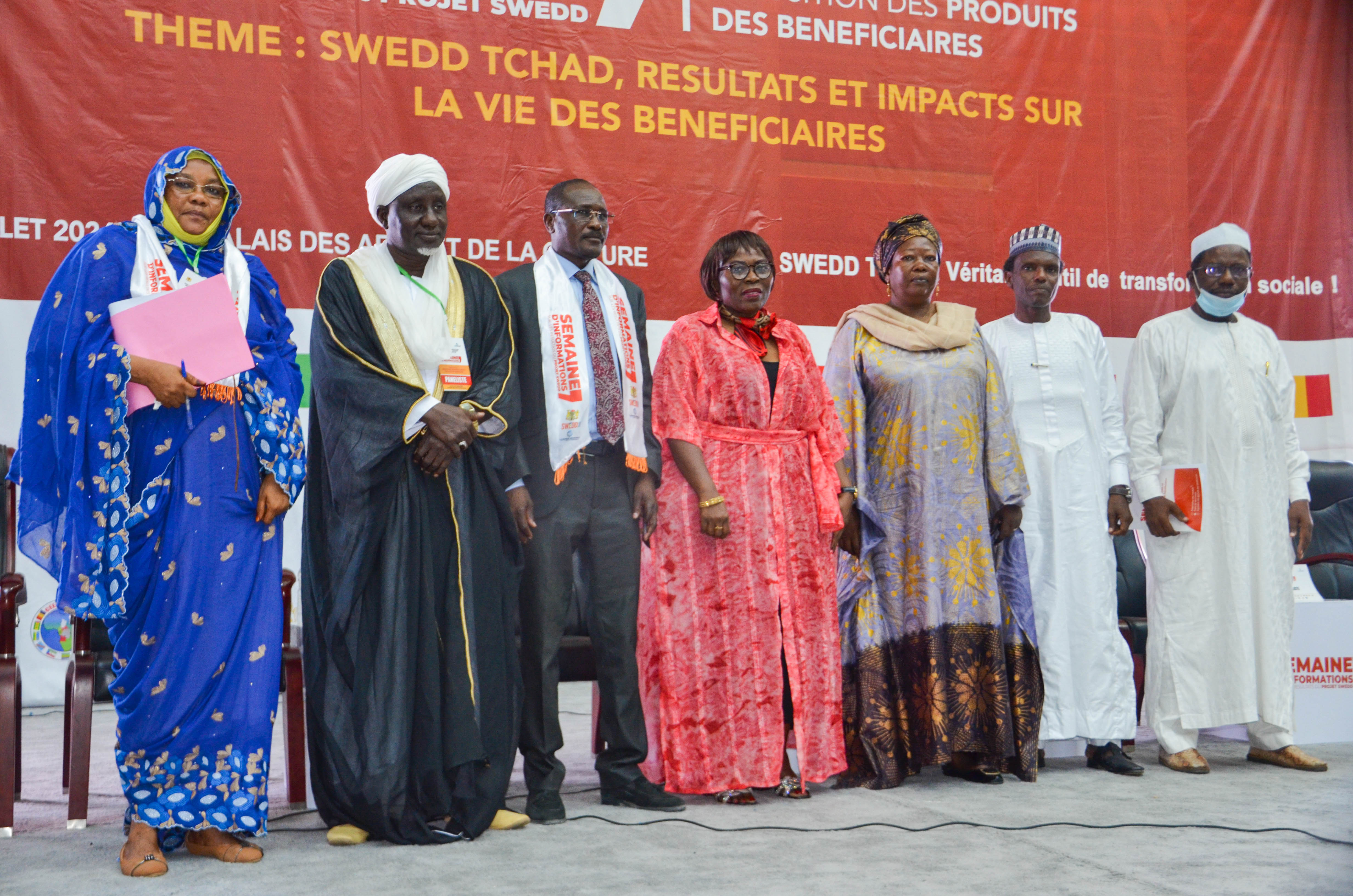
Financed entirely by the World Bank and implemented by national structures with the support of the United Nations Population Fund (UNFPA), the aim of this project is to bring about behavioural and social change by encouraging girls' education, the use of health services, the promotion of family planning, the creation of economic opportunities, the socio-professional integration of young girls, the fight against harmful practices, particularly gender-based violence (GBV), and the empowerment and leadership of women.
